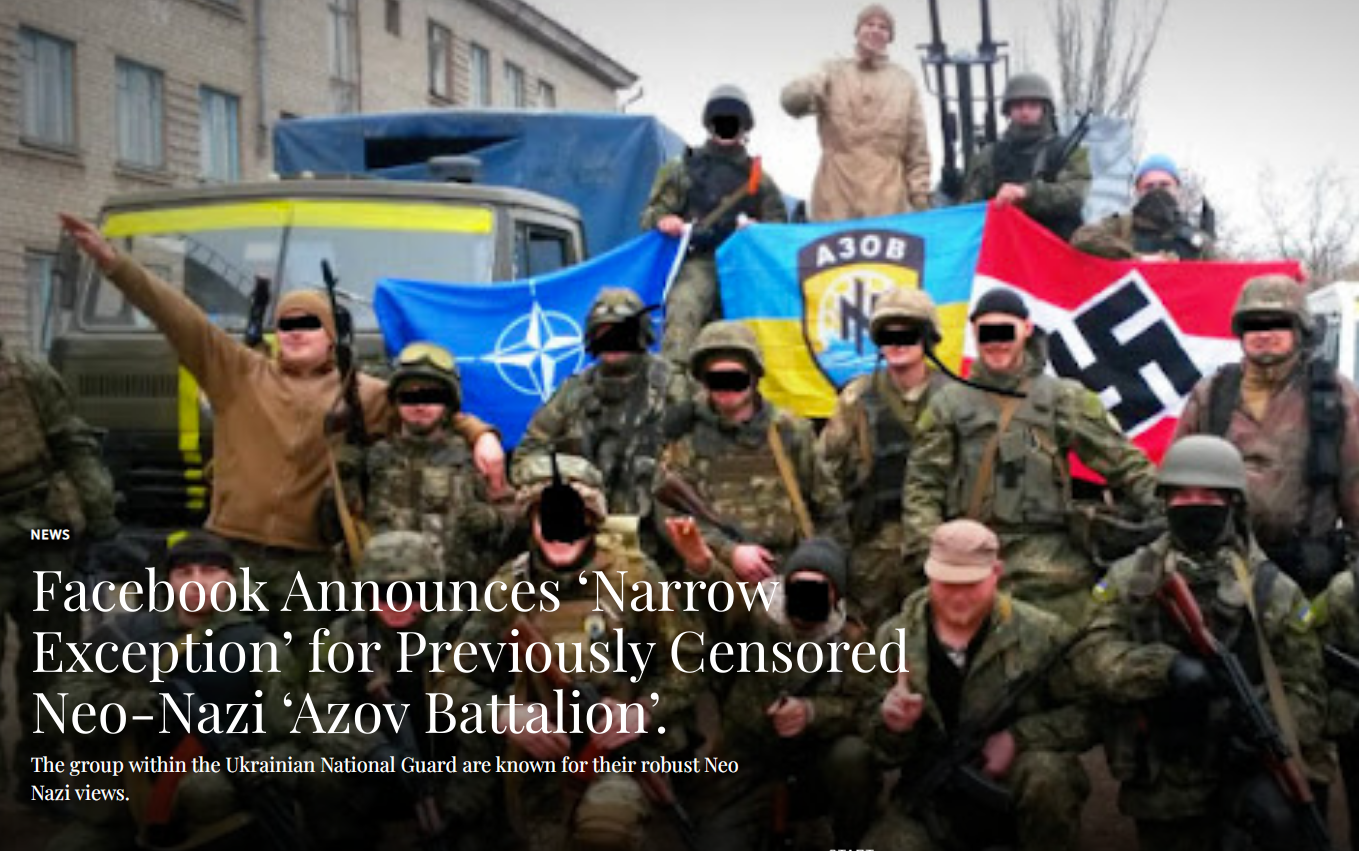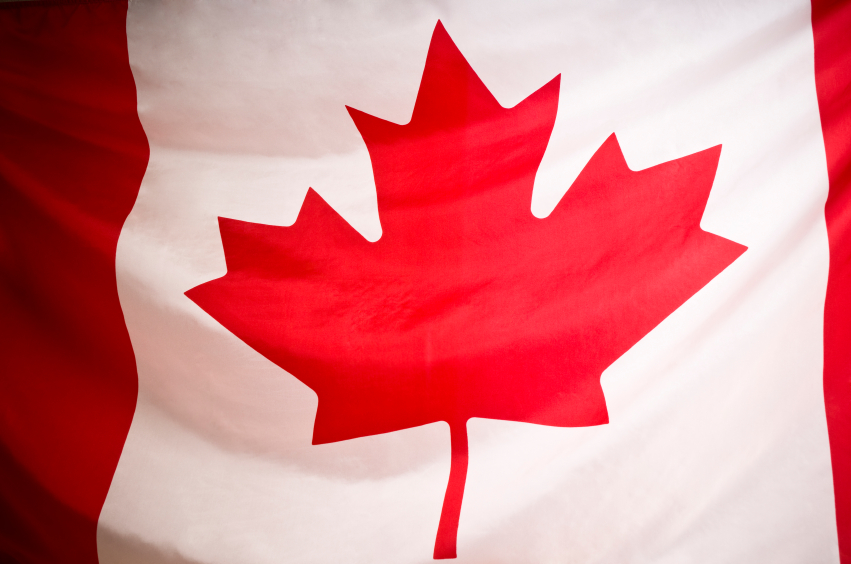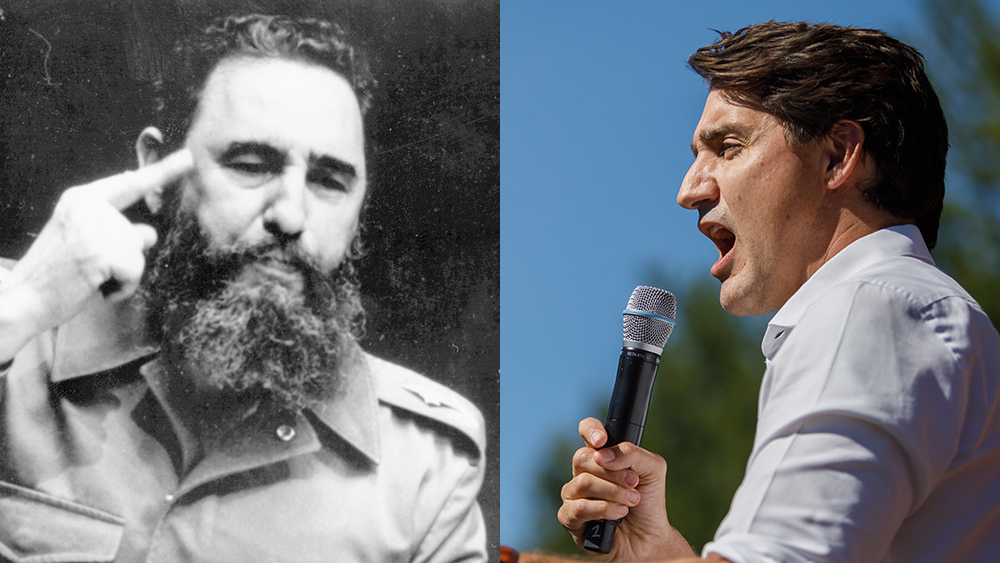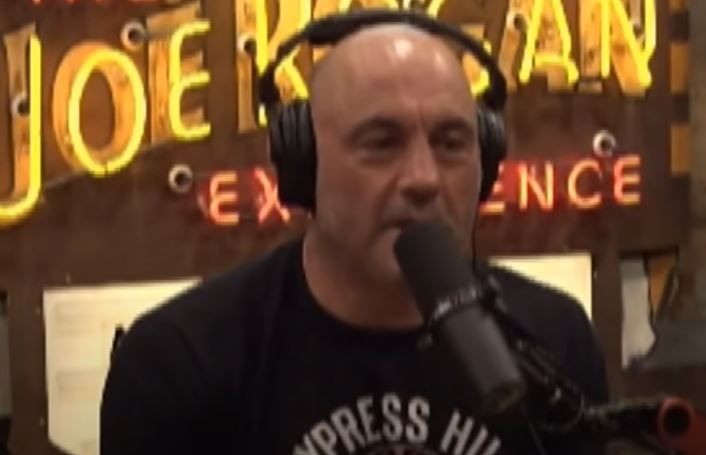Big Tech eagerly blocks virtually all content from Russia while completely refusing to address Chinese propaganda
03/05/2022 / By Ethan Huff
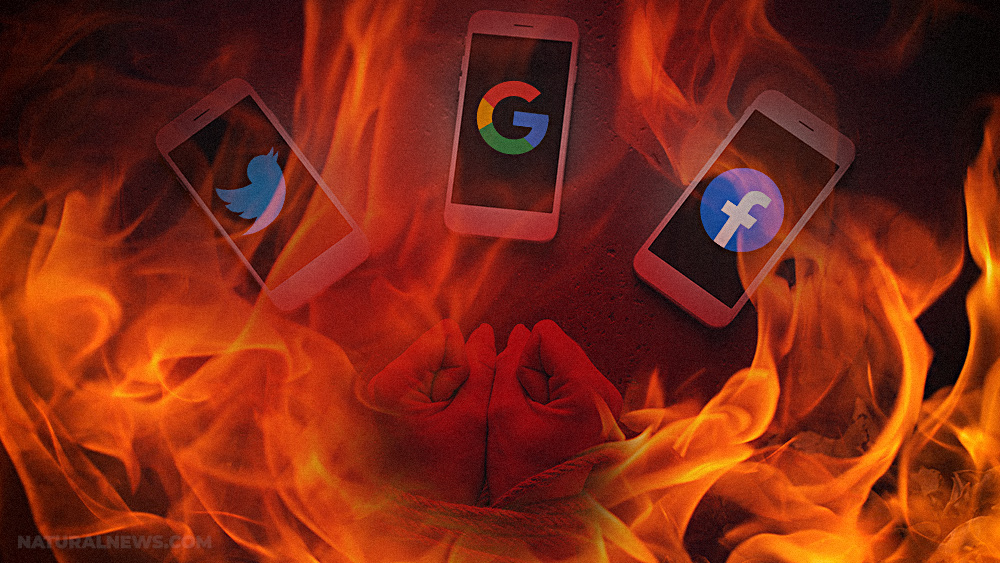
Many of the major tech giants, including Google, Facebook, TikTok, Twitter and even Netflix, are cutting off Russian content entirely in response to the Ukraine invasion.
China, meanwhile, is still allowed to spread as much propaganda as it wants via social media, despite the fact that it contributed to the creation of the Wuhan coronavirus (Covid-19).
Big Tech is basically colluding to censor all things Russia from their various platforms, and only allow a pro-Ukraine narrative.
The Russian news networks RT and Sputnik, for instance, can no longer share any content on the aforementioned platforms after European Union officials pressured the Silicon Valley giants into obeying and supporting the narrative.
On Saturday, Meta, the new parent company of Facebook, along with Google, demonetized and banned all advertising from RT and various other Russia-backed channels. The move aims to prevent these Russia-based companies from earning revenue.
The EU also announced that all Kremlin-based media outlets must be banned, even if it requires “unprecedented measures” in order to “censor Russian disinformation.”
“The state-owned Russia Today and Sputnik, as well as their subsidiaries, will no longer be able to spread their lies to justify Putin’s war and to sow division in our Union,” announced EU president Ursula von der Leyen.
“So we are developing tools to ban their toxic and harmful disinformation in Europe.”
EU also wants Google to ban users who challenge the official war narrative
EU industry chief Thierry Breton is also calling on Google to ban users who push “war propaganda” as part of a seemingly global effort to control the narrative surrounding Russia’s invasion of Ukraine.
“Freedom of expression does not cover war propaganda,” Breton said in a statement following a video call with Google CEO Sundar Pichai and YouTube CEO Susan Wojcicki.
“For too long, content from Russia Today and other Russian state media has been amplified by algorithms and proposed as ‘recommended content’ to people who had never requested it.”
“War propaganda should never be recommended content – what is more, it should have no place on online platforms at all. I count on the tech industry to take urgent and effective measures to counter disinformation.”
In almost immediate obedience to Breton’s call, Google issued a statement announcing that it will now censor all content from Russian news networks. YouTube, its subsidiary, will also block all channels “connected to RT and Sputnik across Europe, effective immediately.
“It’ll take time for our systems to fully ramp up,” Google Europe added in a tweet. “Our teams continue to monitor the situation around the clock to take swift action.”
Nick Clegg, the president of global affairs at Meta, also announced on Twitter that the company has agreed to obey “requests from a number of governments” calling on Facebook and Instagram to no longer allow the sharing of content from RT and Sputnik on their platforms.
The China-owned TikTok platform has likewise blocked these two sources and all associated accounts.
Netflix announced that all Russian TV channels and content providers are now blocked on the subscription service. This is in spite of a Russian law requiring major streaming services making a profit in the country, which Netflix is, to include Russian content.
“Given the current situation, we have no plans to add these channels to our service,” a Netflix spokesperson told Variety.
Meanwhile, no one in the tech world is doing anything about communist China spreading propaganda online, even though we now know that the Chinese government is involved with creating biological weapons like the Wuhan coronavirus (Covid-19).
More related news about Big Tech can be found at Censorship.news.
Sources for this article include:
Submit a correction >>
Tagged Under:
authoritarianism, banned, Big Tech, Censored, Censorship, China, Facebook, Google, Netflix, Plandemic, Putin, Russia, tech giants, TikTok, Twitter, Ukraine, War, YouTube
This article may contain statements that reflect the opinion of the author
RECENT NEWS & ARTICLES
COPYRIGHT © 2017 THOUGHTPOLICE.NEWS
All content posted on this site is protected under Free Speech. ThoughtPolice.news is not responsible for content written by contributing authors. The information on this site is provided for educational and entertainment purposes only. It is not intended as a substitute for professional advice of any kind. ThoughtPolice.news assumes no responsibility for the use or misuse of this material. All trademarks, registered trademarks and service marks mentioned on this site are the property of their respective owners.

